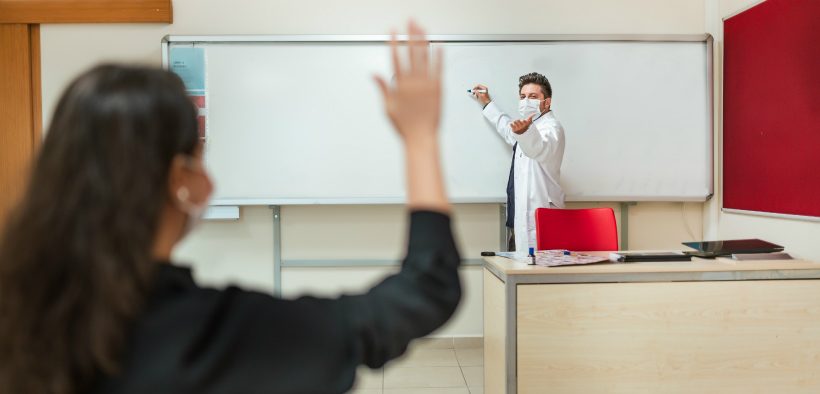In my previous column I addressed what makes it difficult for students to speak up in peer groups, especially to express opinions different from those that others in the group offer. As I’ve noted before, some columns continue to follow me around, and this one has. Current thinking has me wondering about speaking up in the face of authority, whether to challenge its legitimacy or, more often, simply to question an action taken by an authority.
When Students Should Question Teacher Authority

- Tags: authority, student confidence
Related Articles
I have two loves: teaching and learning. Although I love them for different reasons, I’ve been passionate about...
Active learning is a mostly meaningless educational buzzword. It’s a feel-good, intuitively popular term that indicates concern for...
Perhaps the earliest introduction a student has with a course is the syllabus as it’s generally the first...
Generative AI allows instructors to create interactive, self-directed review activities for their courses. The beauty of these activities...
I’ve often felt that a teacher’s life is suspended, Janus-like, between past experiences and future hopes; it’s only...
I teach first-year writing at a small liberal arts college, and on the first day of class, I...
Proponents of rubrics champion them as a means of ensuring consistency in grading, not only between students within...








